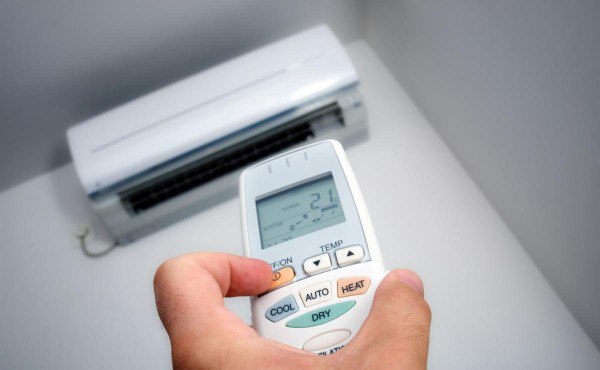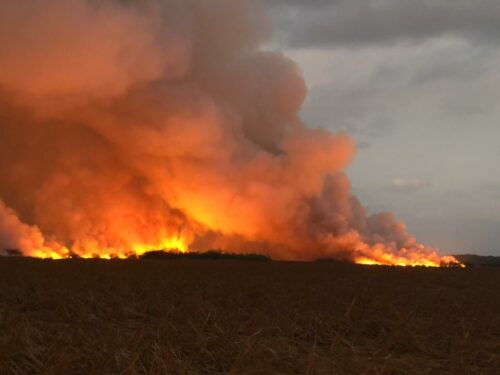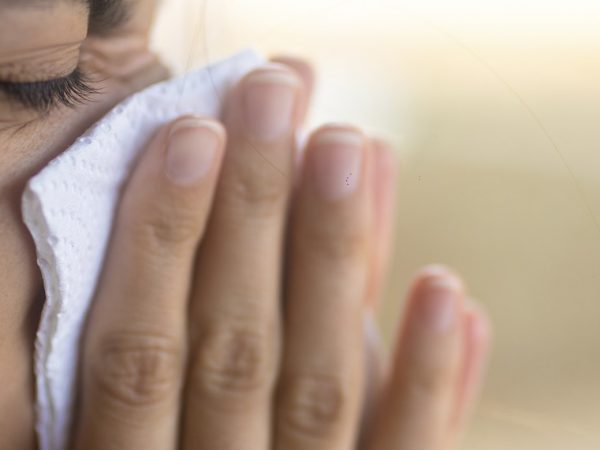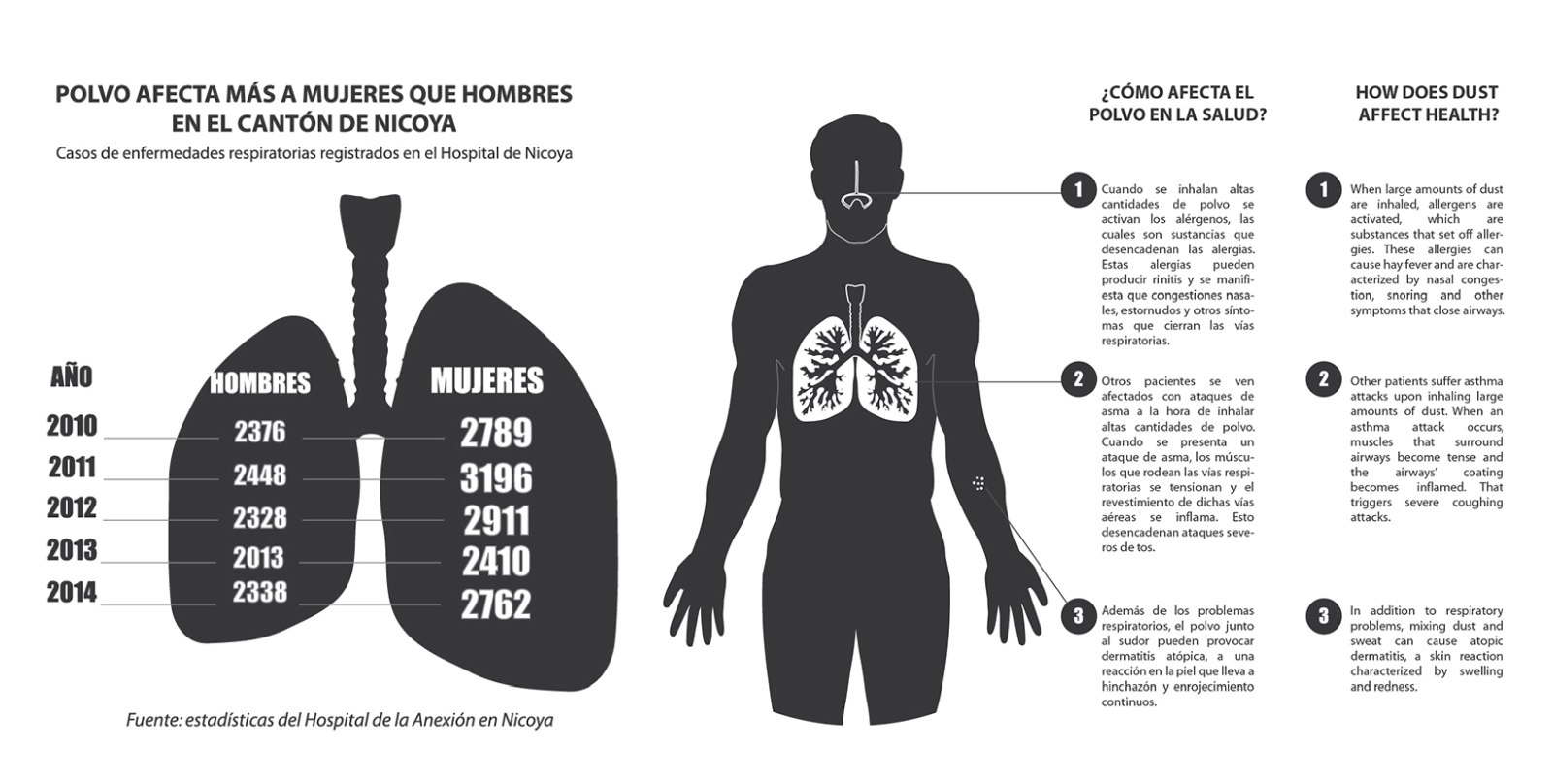
Summer has arrived in force, and with the rise in temperature comes the temptation to try and escape the heat with air conditioning. However, there have always been theories that air conditioning causes sickness and promotes infection among people in closed spaces.
In general, lack of maintenance is responsible for respiratory infections ranging from simple nasal colds to severe pneumonia, bronchitis and sore throats. Children and the elderly are most affected, as well as those who have allergies or asthma. Also, smokers, diabetics and those suffering from hypertension, liver or lung problems should be cautious.
According to Wing Ching Chang, a pulmonologist who spoke with The Voice of Guancaste, air conditioning systems should be disinfected regularly to reduce air contamination and the development of viruses, bacteria and fungi in the walls.
“There are a lot of allergic patients, with the main problems resulting from using it at very cold temperatures. The problem stems from the maintenance of the machines’ filters; if they are covered, then the viruses re-circulate for hours and even days, and that causes infections,” explained the doctor.
Ching Chang clarified that viruses can even travel long distances within the same building. “In offices, there are large ducts and circulating viruses can even get to other departments, infecting people, who then sneeze and continue to generate more viruses.”
“In this country there are a lot of people with allergies. Very cold air dries out their airways, and those with hay fever or asthma have an increased risk of getting sick or having problems with phlegm, coughing, shortness of breath or respiratory crises,” added Ching Chang.
Don’t blame air conditioning
Nevertheless, the pulmonologist emphasized that there is no need to demonize the machines, “but they have to be used sparingly. The change in temperature is to blame; if you open the refrigerator it has the same effect. The mucociliary system paralyzes the bronchial tubes, trapping germs, and through the upward intake system one inhales them. If a person experiences abrupt changes, it ceases to function just as in smokers.”
Ching stresses the fact that in warm climates, such as Guanacaste, where people are exposed to the most drastic changes in temperature, going from about 60 degrees Fahrenheit to 100, “that’s where you have to be most careful.”
Evolving technology
Air conditioners have evolved along with technology and are now built to counter those weaknesses that created a contrast in the units that were previously used, going from comfort to sickness.
Erick Calderon, of the company AC Pits Aire Acondicionado, said that, “As far as cars are concerned, there are now modern cars, with cabin filters (which) were added to avoid fostering flu and viruses. They are magnetically charged.”
“Before, someone sneezed and the sneeze stayed there; now it’s trapped in the filter and not scattered. [The filter] should be replaced every 10,000 kilometers or every year. The cost varies; generic brands can go from 12,000 colones ($24) to 26,000 colones ($52), and the most expensive ones can cost up to 35,000 colones ($70), depending on the model,” he explained.
Finally, Calderon indicated that home air conditioners haven’t evolved as much in terms of health since efforts have focused on reducing consumption of electricity, “but one or another quality air conditioner should have a filter like in cars. Unfortunately with this country’s taxes, it would be very expensive to bring them. They cost around 360,000 colones ($720). But in the end, maintenance of all air conditioning units is always vital,” concluded the businessman.







Comments